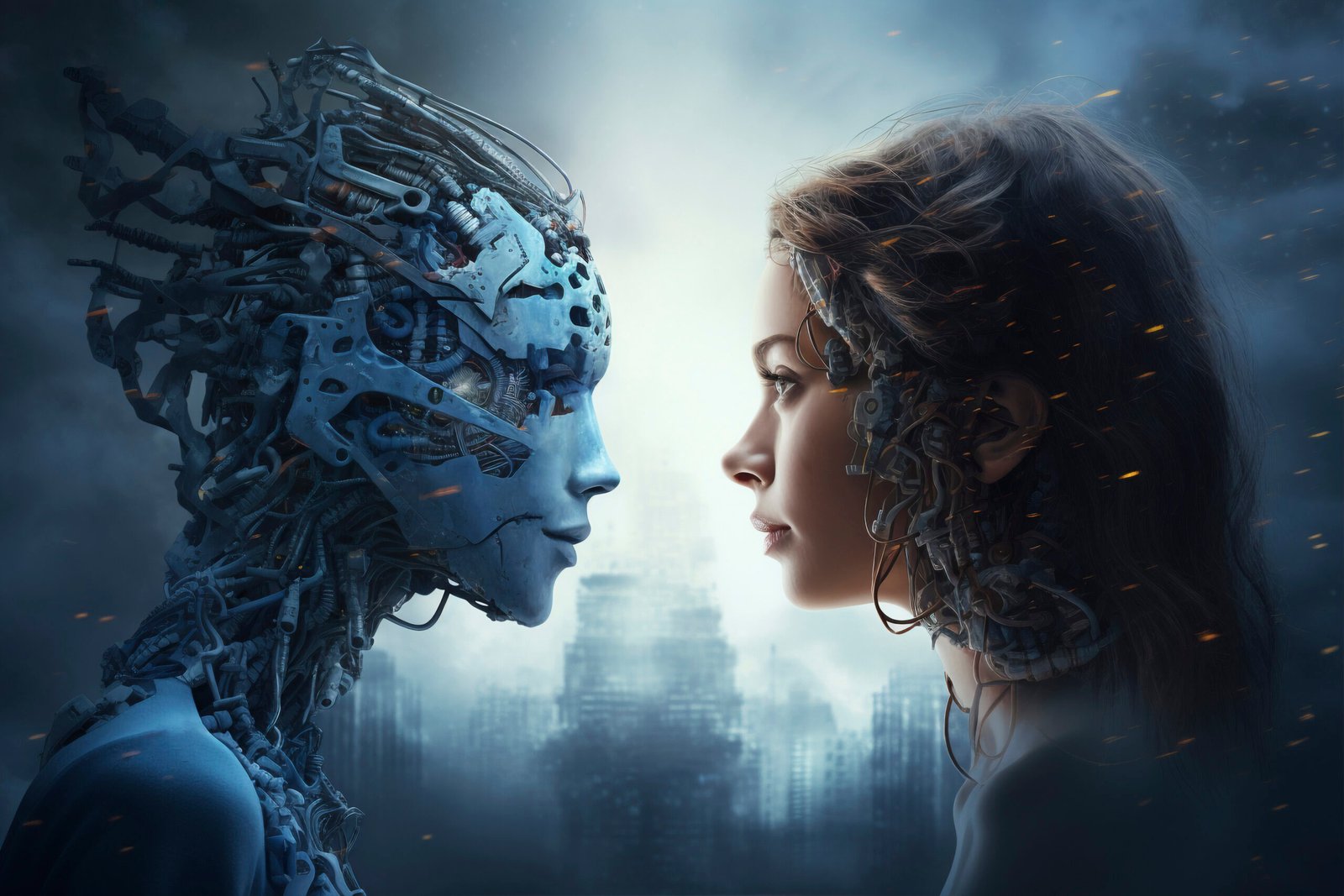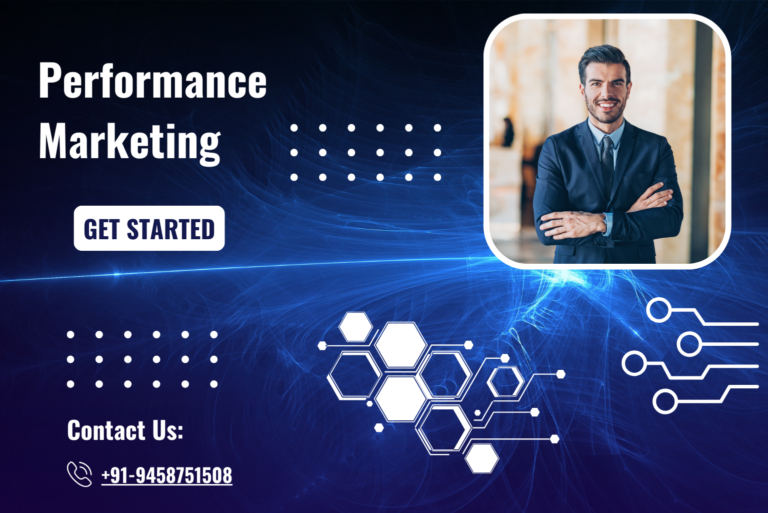The Difference Between AI and Human Roles in SEO
As artificial intelligence becomes more integrated into digital marketing, understanding the distinction between what AI can do versus what still requires human expertise is essential. While both AI and human professionals contribute to the SEO process, they serve very different roles.
AI’s Role in SEO
AI tools excel at managing large amounts of data, automating repetitive tasks, and providing fast, data-driven insights. Their primary strengths include:
-
Automating technical audits (finding broken links, crawl issues, site speed problems)
-
Keyword research and clustering based on search volume, difficulty, and trends
-
Content analysis and optimization suggestions (readability, keyword density, structure)
-
Rank tracking and performance monitoring in real-time
-
Predictive analytics for traffic and search behavior trends
-
AI-generated content drafts for basic topics or FAQs
In short: AI is best at operational, technical, and analytical tasks that follow clear, rule-based structures.
Human Expertise in SEO
On the other hand, SEO professionals provide the strategic, creative, and context-driven decision-making that AI cannot replicate. Human roles involve:
-
Understanding audience behavior and intent
-
Creating brand-aligned content strategies with tone, emotion, and cultural nuance
-
Building and maintaining authentic backlink relationships
-
Interpreting complex data within the context of business goals
-
Responding to algorithm changes with customized solutions
-
Integrating SEO with broader digital marketing strategies
-
Managing ethical considerations and long-term brand reputation
In short: Humans handle the creative, strategic, and ethical responsibilities that rely on experience, empathy, and judgment.
Summary of the Difference
| Aspect | AI in SEO | Human in SEO |
|---|---|---|
| Speed & Efficiency | Extremely fast at data-heavy, repetitive tasks | Relatively slower, focused on strategy and personalization |
| Data Analysis | Excellent at pattern recognition and reporting | Adds business context, interprets insights strategically |
| Creativity & Emotion | Limited, relies on patterns and rules | High — understands storytelling, user psychology, and brand voice |
| Ethical Decision-making | Lacks ethical awareness, follows programmed guidelines | Makes value-based, ethical choices in uncertain situations |
| Strategic Planning | Cannot develop holistic business-aligned SEO plans | Excels at integrating SEO with brand and market strategy |
| Adaptability to Change | Reacts based on past data and preset models | Anticipates and adapts creatively to new challenges |
AI in SEO is a powerful tool — but it’s just that, a tool. It enhances operational efficiency and provides valuable insights, but it cannot replace the intuition, creativity, and strategic foresight that experienced SEO professionals bring to the table.
The future of SEO isn’t AI versus humans, but rather AI and humans working together. Those who combine AI’s processing power with human creativity and business intelligence will lead the way in the next era of digital marketing.






